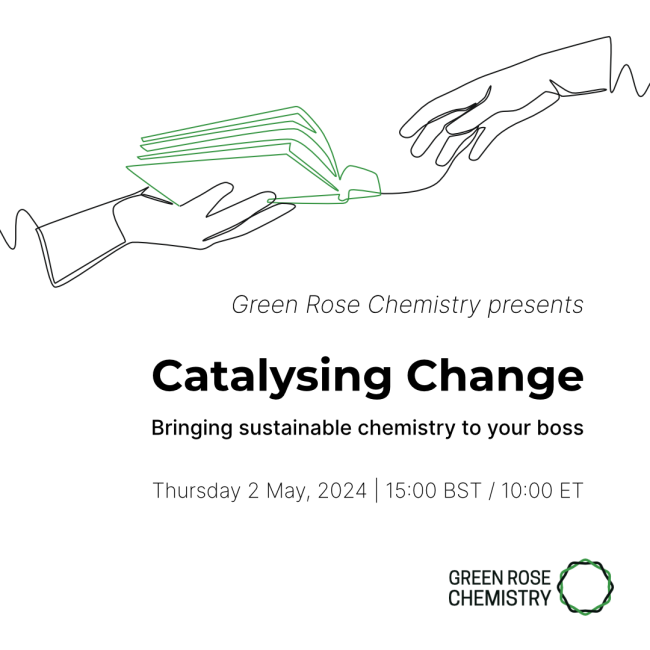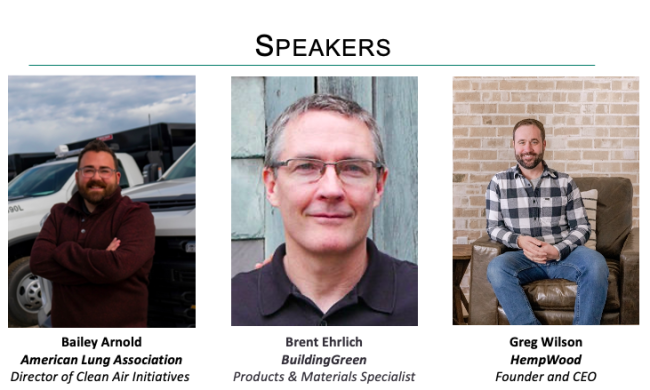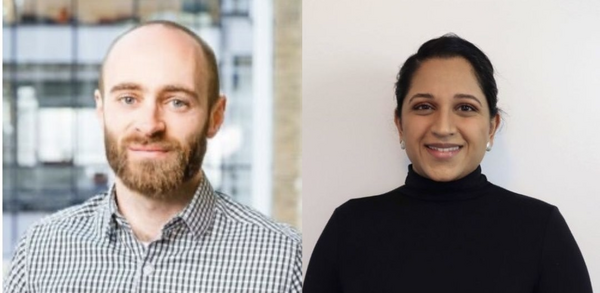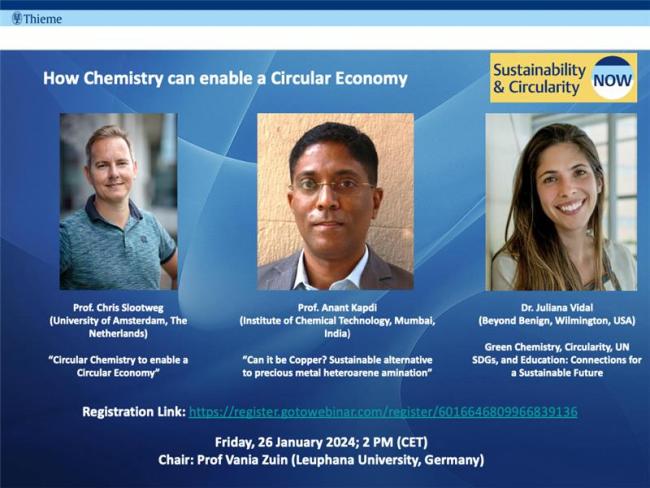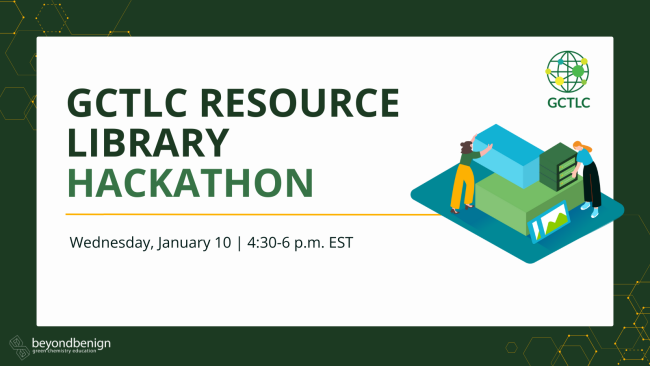Abstract:
Green chemistry is an upstream, preventative approach that can address global sustainability challenges, including fulfilling the United Nations Sustainable Development Goals (U.N. SDGs). Green chemistry is not a discrete field of chemistry but rather a framework grounded in twelve principles that teaches chemists to “reduce or eliminate the use or generation of hazardous substances in the design, manufacture, and application of chemical products”. Green chemistry can help practising chemists undertake research and product design more efficiently, safely, and with fewer environmental and human health impacts. Currently, green chemistry is not taught ubiquitously in schools and university programs globally, despite being an essential framework. However, the green chemistry educational community has been growing rapidly and its importance is becoming more widely recognized. This is exemplified in the recently updated American Chemical Society (ACS) Guidelines for Bachelor’s Degree Programs, which now require undergraduate students to have a working knowledge of green chemistry and the twelve principles that underpin it upon graduation from an accredited program.
To help schools to achieve these transformations and shift how chemistry is taught, Beyond Benign—a registered 501(c)3 non-profit based in the U.S. —supports educators (including higher education faculty and K-12 teachers) to teach chemistry through the lens of green chemistry. Our programs provide opportunities for peer-to-peer networking and mentorship for educators, access to freely available curriculum resources (including greener lab experiments, lesson plans, modules, and more), access to grants and professional development opportunities, and more. Beyond Benign recently launched the Green Chemistry Teaching and Learning Community (GCTLC) in partnership with the ACS Green Chemistry Institute. The GCTLC is a virtual platform that provides a one-stop shop for all things green chemistry education. Users can search for and find other users and community members from across the world, post questions and share information in forums, search the community events calendar, find green chemistry job opportunities, contribute to the GCTLC’s searchable library of open-access resources, and more.
This presentation will provide an overview of Beyond Benign’s programs and in particular a discussion of the newly launched GCTLC platform. Our approach to creating an inclusive and welcoming space that fosters a sense of belonging will be emphasized. Ultimately, we will discuss how the GCTLC creates opportunities for ongoing engagement through a global community of practice for green chemistry education.
Biographies:
Dr. Jonathon Moir (left) completed his B.Sc.H. at Queen’s University in 2010 (Chemistry, minor in Physics) and his Ph.D. at the University of Toronto in 2016 in Inorganic Chemistry where his research focused on the synthesis and development of nanostructured metal oxide semiconductor thin films for photoelectrochemical applications. During his doctoral studies, Jonathon was a founding member of the Green Chemistry Initiative (GCI), a group of graduate students dedicated to promoting green chemistry principles and practices within the Department of Chemistry at the University of Toronto. In addition to co-leading numerous initiatives, Jonathon redeveloped a third-year undergraduate organic chemistry lab in collaboration with Professor Andy Dicks to include more concepts related to green chemistry, and later attended the ACS Green Chemistry Summer School in 2016. Following graduate school, Jonathon transitioned to the not-for-profit sector, where he has helped manage and support the development of international, interdisciplinary research programs, scientific projects, workshops and symposia as well as a national scholarship program in Canada for graduate students and postdoctoral fellows. He is currently the Senior Program Manager at Beyond Benign for the Green Chemistry Teaching and Learning Community (GCTLC) platform and lives in Vancouver, British Columbia, Canada.
Dr. Nimrat Kaur Obhi (right) is from Ottawa, Canada and obtained their HBSc in Biomedical Sciences (Medicinal Chemistry) at the University of Ottawa in 2014. They completed their PhD in chemistry at the University of Toronto in 2020, where their research focused on the synthesis and investigation of carbon-based semiconducting polymers with complex architectures for electronic applications. During this time, Nimrat also completed a Chemistry Teaching Fellowship Award to design and implement a green chemistry course module into an upper-year chemistry course at the University of Toronto. They are committed to justice, equity, and diversity and have worked with local and national teams on advocacy and policy initiatives since 2014. Nimrat joined Beyond Benign as a Higher Education Program Manager in 2021 where their past work includes open-access curriculum development and supporting green chemistry education at Minority Serving Institutions. Currently, Nimrat is a Program Manager for the Green Chemistry Teaching and Learning Community (GCTLC), where they develop community engagement and equity and justice initiatives for the platform. Nimrat currently lives in Ottawa, Ontario, and outside of work they are an avid skier, cook, outdoor sports enthusiast, swimmer, stationery lover, and bookbinder.
This webinar is a certified green event by the University of Illinois' Institute for Sustainability, Energy, and Environment.




